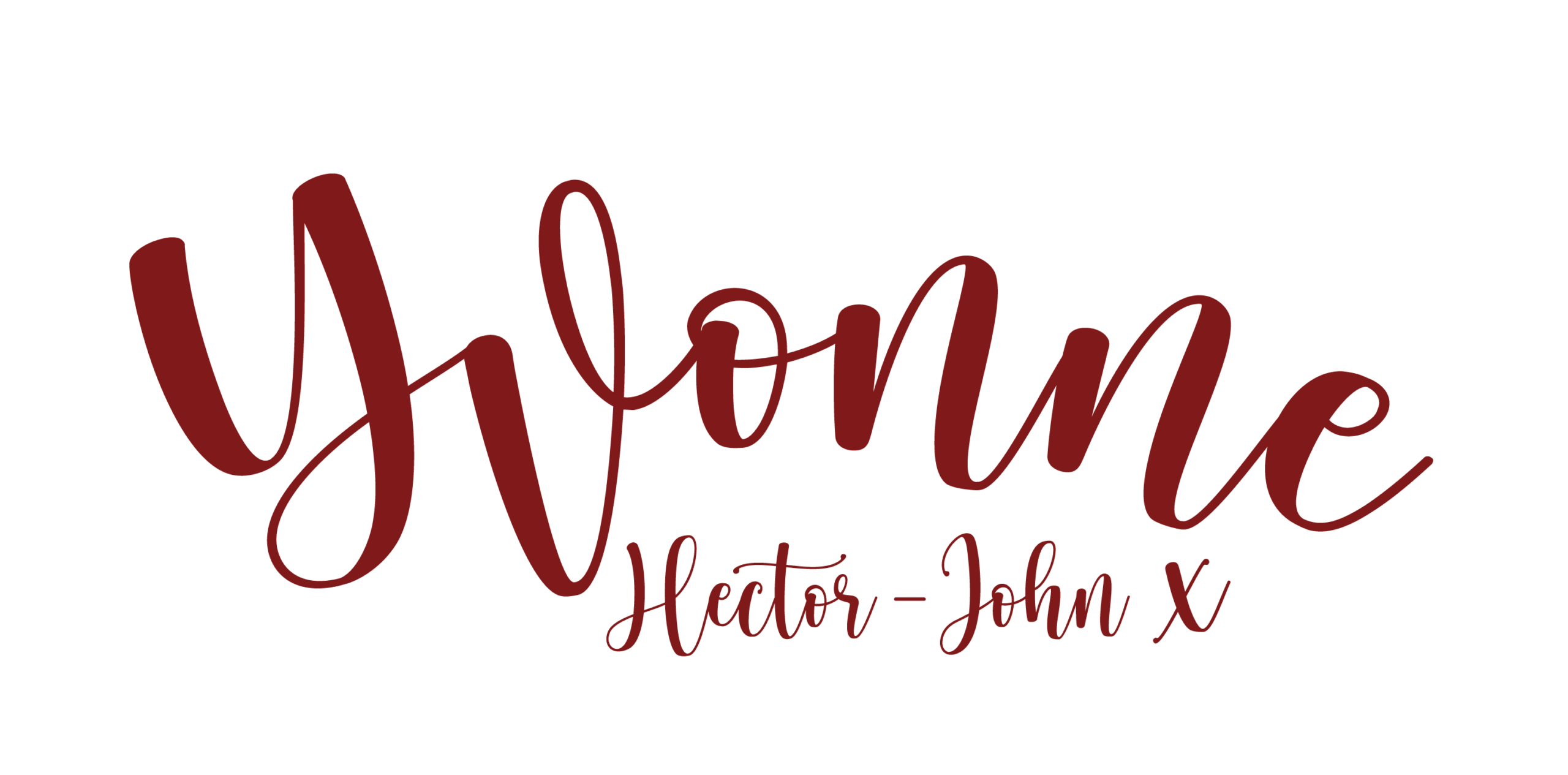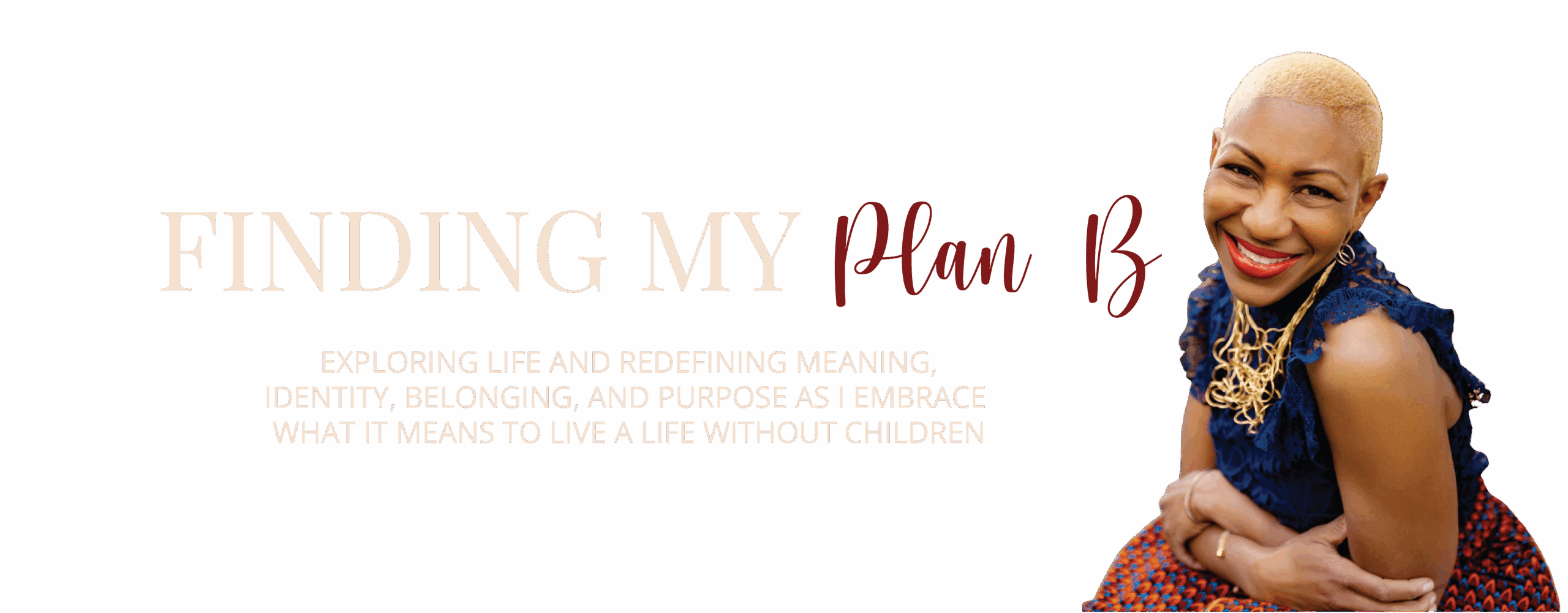When I was at school, Black history was squeezed into a neat little box. We learnt about slavery – I think (on reflection I can’t even remember if this was taught at school). I definitely didn’t learn about Martin Luther King or Rosa Parks while I was there, although I came to know them later as a young adult. Important, yes, but always the same names, the same storylines, the same predictable ending that left me feeling like our history began with chains and ended with “freedom.”
“When stories are erased, we don’t just lose history — we lose mirrors.”
Teachers didn’t tell me about Mary Seacole fighting to care for soldiers when Florence Nightingale turned her away. Nor about Olive Morris, a young Black woman in Brixton who fought against police brutality and for housing rights. I wasn’t told about Claudia Jones, a Trinidadian woman who planted the seeds of Notting Hill Carnival while campaigning for Black women’s voices to be heard. Their names never made it into our schoolbooks. And if I’m honest, I feel the ache of that absence even now. Because when stories are erased, we don’t just lose history we lose mirrors. We lose the people who remind us that we come from courage, from creativity, from defiance.

It’s a feeling I know well in my own journey of involuntary childlessness. Our stories are so often missing, untold, or seen as “too uncomfortable” to share. When people can’t see you, they imagine you don’t exist. When history books don’t record us, we are made invisible. But invisibility is not the same as absence. We were there. We are here.
“Reclaiming narratives is about saying: our stories matter, even when they don’t fit the script”
Reclaiming narratives is about saying: our stories matter, even when they don’t fit the script. It’s about honouring those who came before us and refusing to let silence erase us now.
So, this Black History Month, I’m asking: Whose stories are missing from the history books you grew up with? And more importantly, how can we tell them now in our classrooms, our families, our communities, and our own lives?
Because every time we tell a story that was once silenced, we reclaim history. And we reclaim ourselves.

✨ Reflection prompt:
Think of one person in your family, community, or wider history whose story you rarely hear told. What would it mean to share their story today?





Recent Comments